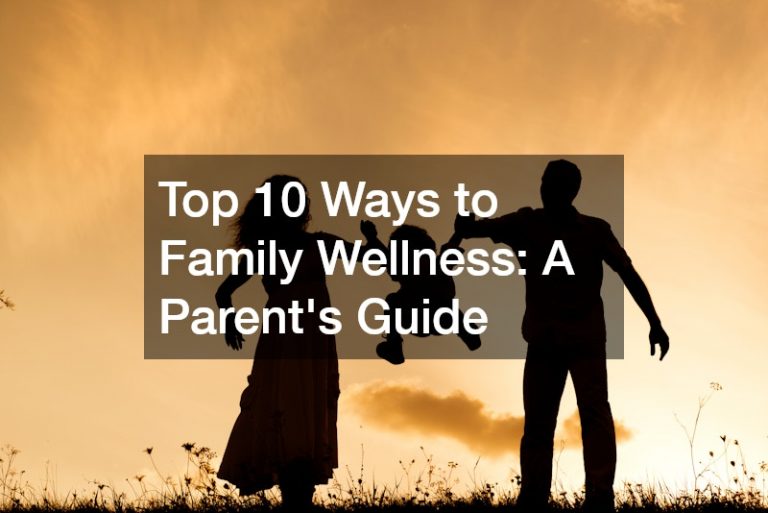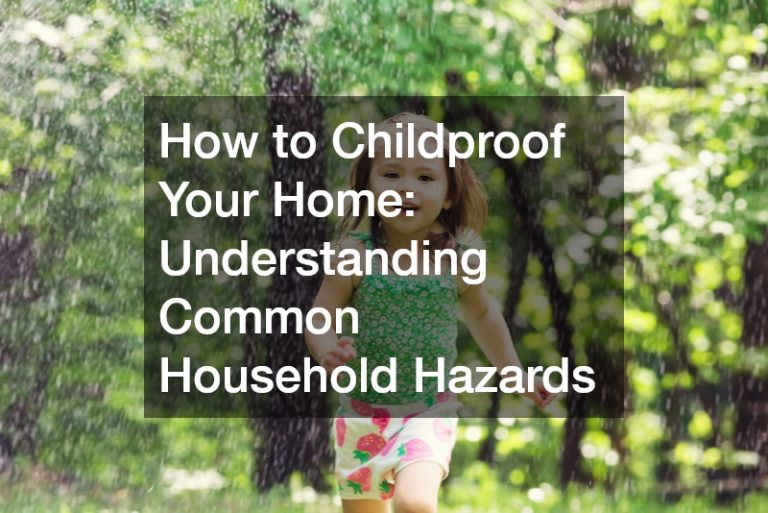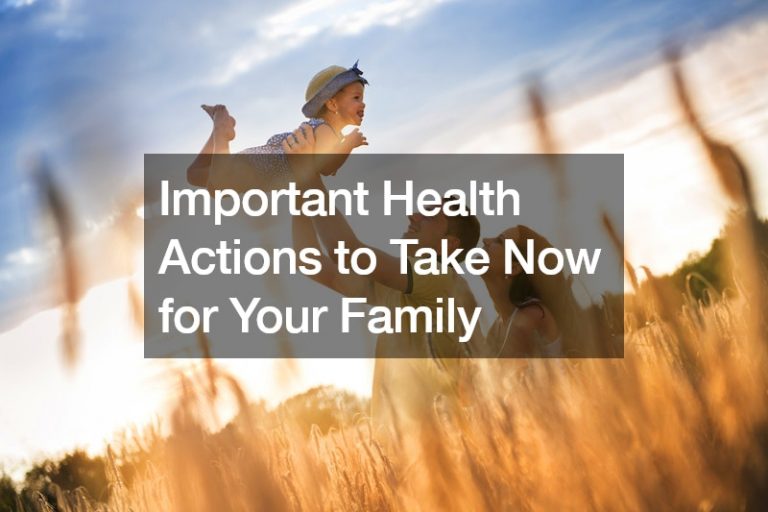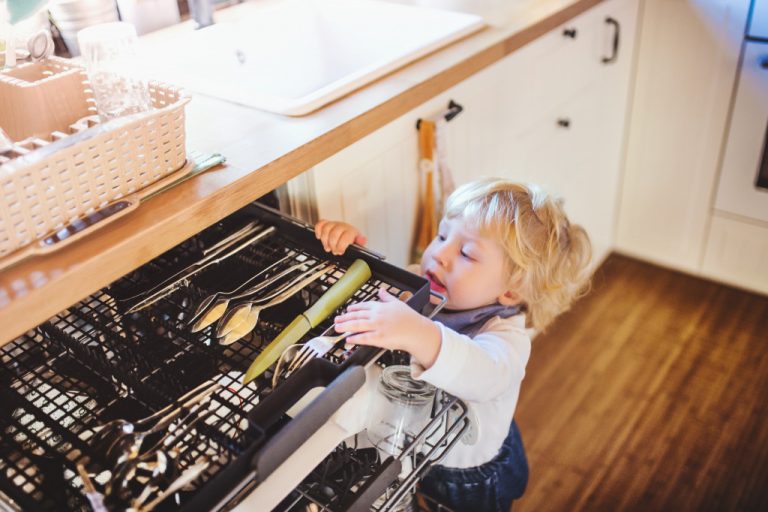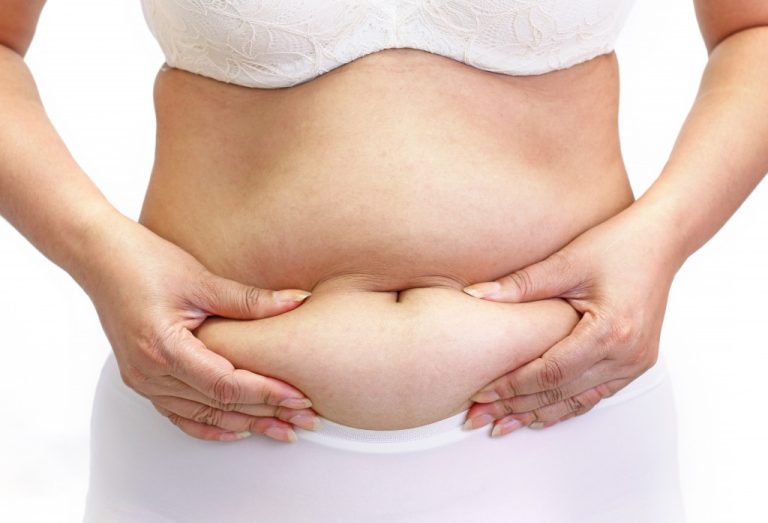
Affordable Summer Family Fun Ideas to Enjoy Together
Summer is a season full of opportunities to create lasting memories with the people we care about most. It’s a time when days stretch longer, inviting families to spend more time outdoors, explore new hobbies, and simply enjoy one another’s company. Whether you’re seeking adventures that spark excitement or quiet moments that deepen bonds, summer

